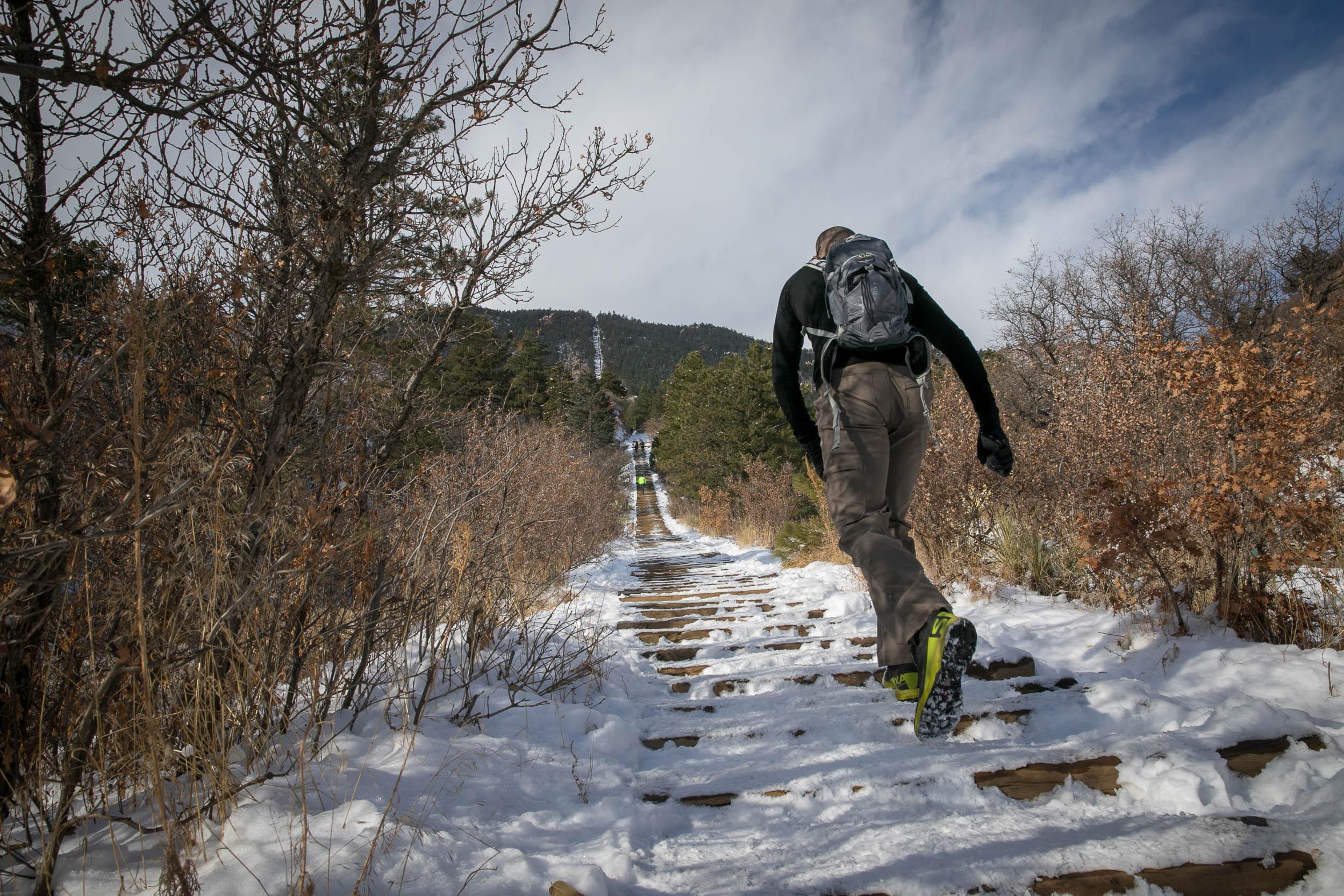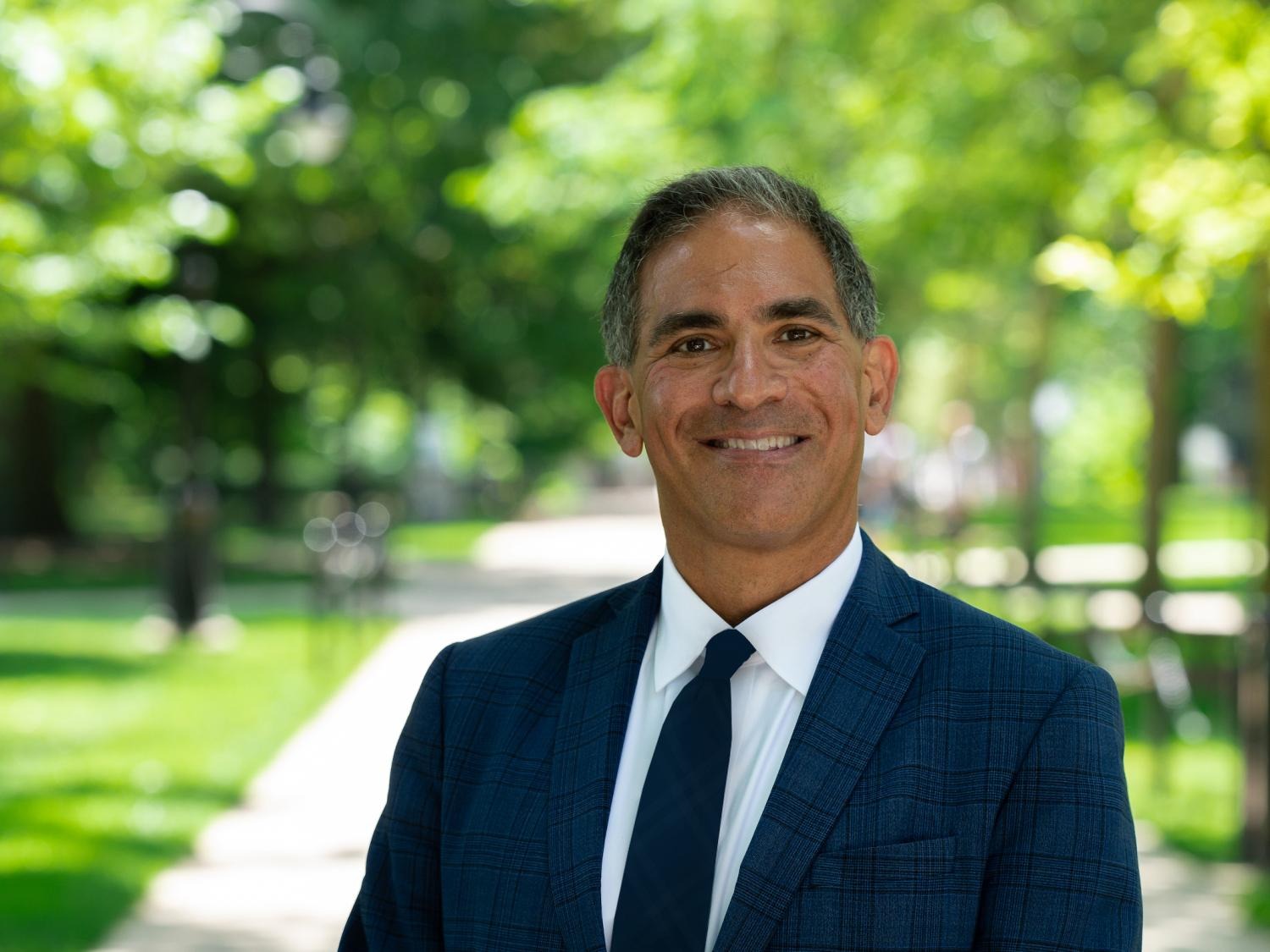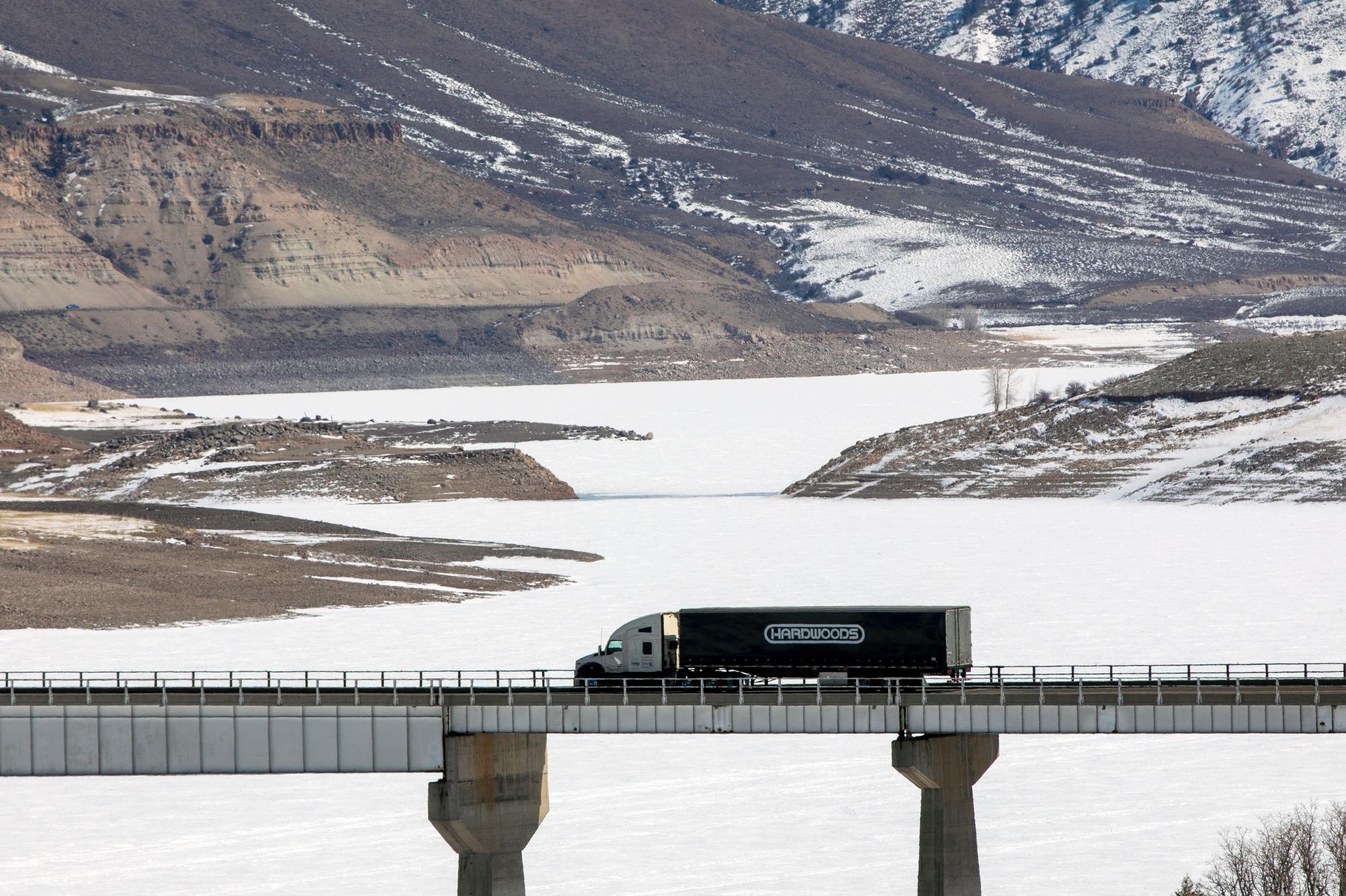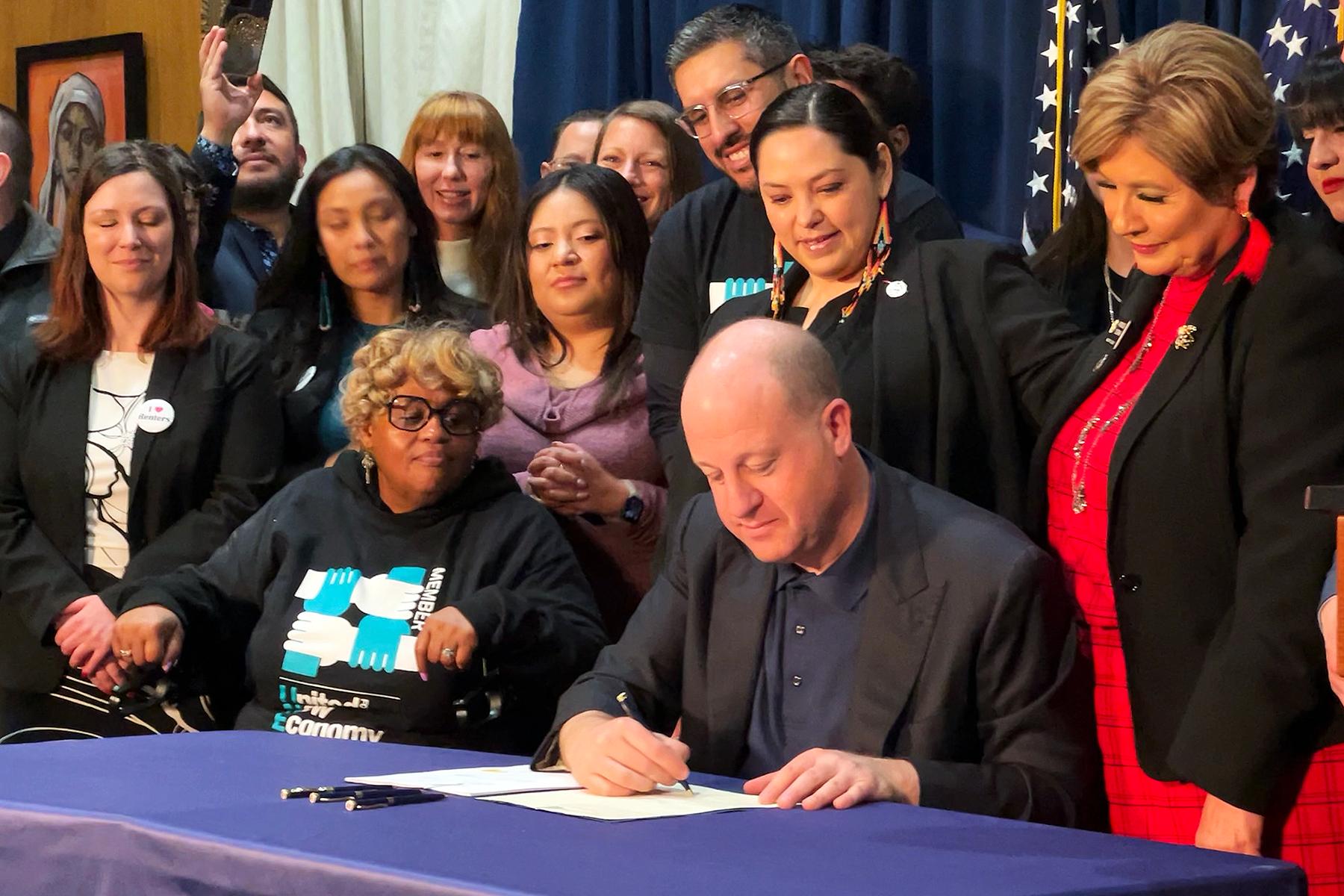
The City of Manitou Springs is looking into a proposal for a paid reservation system to help limit the number of people climbing its famous Manitou Incline hiking trail.
The popular set of mountain stairs made from an old cog railway track is co-managed by Manitou Springs, the City of Colorado Springs and the U.S. Forest Service. It was closed in March due to concerns of overuse during the coronavirus pandemic.
Discussions over what to do about overcrowding at the incline and the parking woes for the surrounding neighborhoods that come with it have been going on for a decade. A white paper prepared for the city council said the coronavirus closure provides an opportunity to implement a new system to regulate visitation.
Manitou Springs Mayor John Graham characterized use of the incline as out of control for a while now, long before social distancing was a concern.
“It’s basically a free for all,” Graham said. “That’s what it’s been in recent years.”
The proposal put before city council members Tuesday night suggests implementing the software the city already uses for swim lesson registration for an online reservation system for the incline. Staff suggested a $5 or $10 fee for using the trail, as well as offering multi-use and annual passes.
The city’s white paper said reopening the incline with the reservation system could keep the number of hikers to 25-49 per hour during the state’s current “Safer-At-Home” coronavirus guidelines. That would expand to between 50-100 incline hikers per hour during the next phase of statewide reopening.
Manitou Springs officials report the incline increases traffic congestion, which can reach 5,000 vehicle trips and 3,300 pedestrians on a typical weekend day. That all is a boon for a local economy heavily reliant on tourism. However, the unregulated popularity of the incline also leads to issues with trespassing, noise, environmental impacts, safety and sanitation.
These issues are expected to only increase with the planned reopening of the Pikes Peak Cog Railway in 2021.









